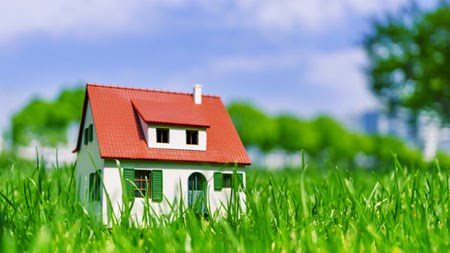President Jacob Zuma’s announcement at SONA that government plans on banning foreign ownership of land has created a stir in the property industry.
Land ownership has always been a thorny issue in South Africa. In part it has to do with the psychology behind property ownership which is deep rooted and complex. In the South African context the matter also speaks to our country’s turbulent past and the challenges currently facing the country. As such, when President Zuma announced at the recent State of the Nation Address (SONA) that foreigners would be banned from owning land and that local land ownership would be capped, the reaction across the board was largely swift and damning.
For instance, following the address, former renowned real estate agent Wendy Machanik was quoted as saying: “It is an absolute disgrace and [a] negative step not allowing foreigners to buy in SA. This will definitely affect the economy and deter, if not stop altogether foreign investment into this country.
“This foreign investment policy and the maximum 12,000 hectare ownership of land are definitely steps towards the degeneration of this country. Both these steps will negatively impact on the property market.
“There is no doubt whatsoever that SA is fast following in the footsteps of the rest of Africa. This is a tragedy as this was a most promising country with a great future. This is no longer the case.”
Government has since taken steps to clarify the matter. Gugile Nkwintini, Minister for Rural Development and Land Reform recently stated that the ban applied only to those buying farms, not residential property. However, Tourism Minister Derek Hanekom has also been quoted as saying that cabinet has still to decide whether the ban will apply to all categories of land.
Adrian Goslett, Regional Director and CEO of RE/MAX Southern Africa shared his thoughts on the matter: “The way in which government’s policy regarding foreign-owned property was announced, without clarity of all the facts, did cause confusion. Even though the situation has now been explained, foreign buyers and investors at large will be wary of investing in South Africa given the apparent instability on display on the evening of the SONA.
“I sincerely hope that the unfortunate incidents such as those witnessed at SONA by millions both locally and abroad will not dampen efforts to raise foreign capital to build much needed infrastructure. Although foreign land ownership in South Africa is at very low levels, the foreign currency that is brought into the country through their personal and extended family consumption while South Africa, contributes immensely to the coffers of the country.”
Whatever the case, South Africa’s current socio-economic climate is such that it could be argued that any talk of limiting land ownership in any form is counterproductive. Generally speaking, when investigating a potential investment destination, investors look for security of assets/ property, a stable labour climate and a stable energy supply. With two of these three prerequisites already on shaky ground any risk - perceived or otherwise - to asset or property security could ultimately put off investors for good.


